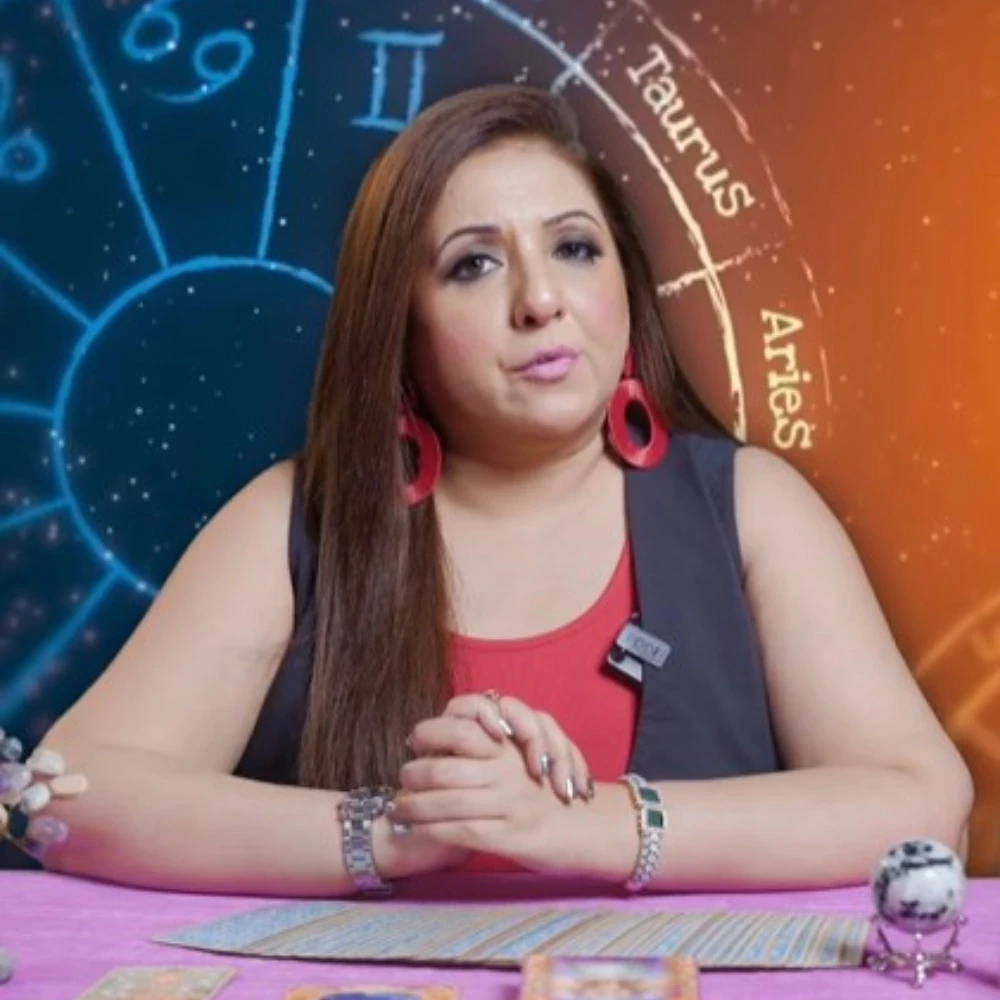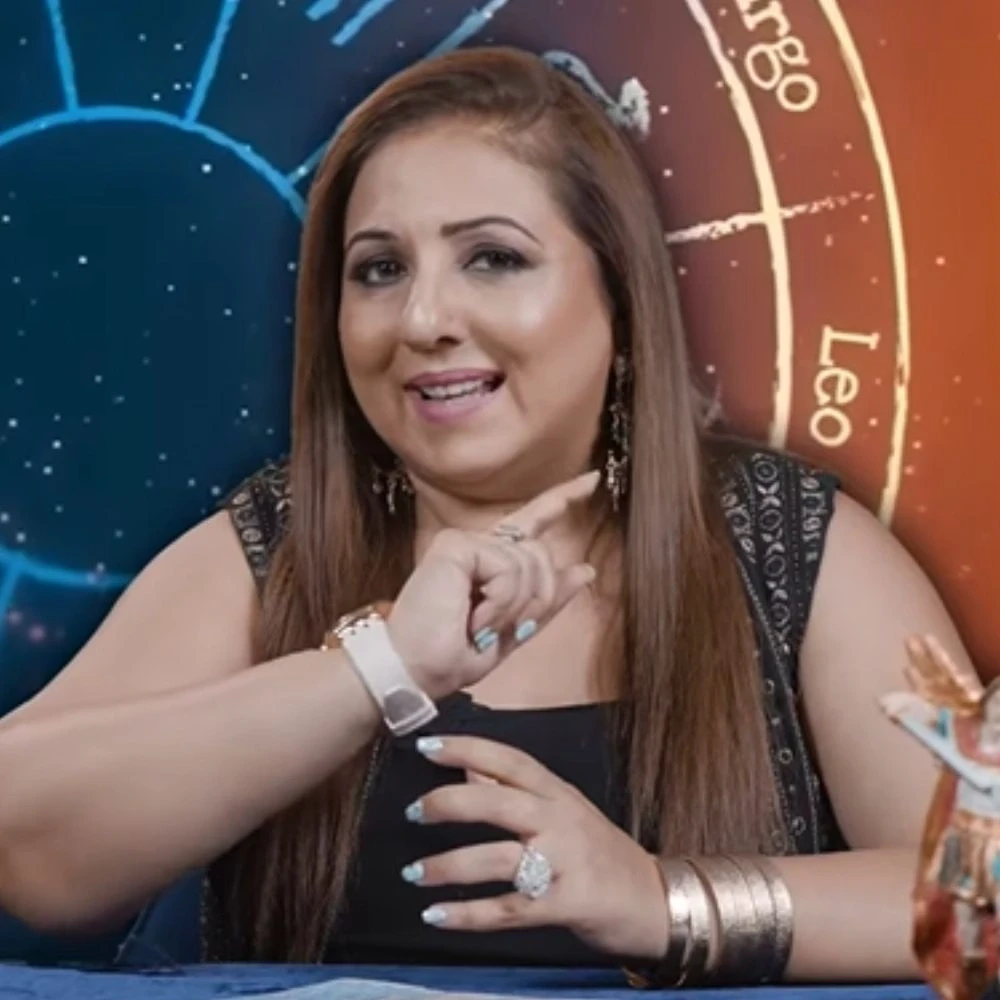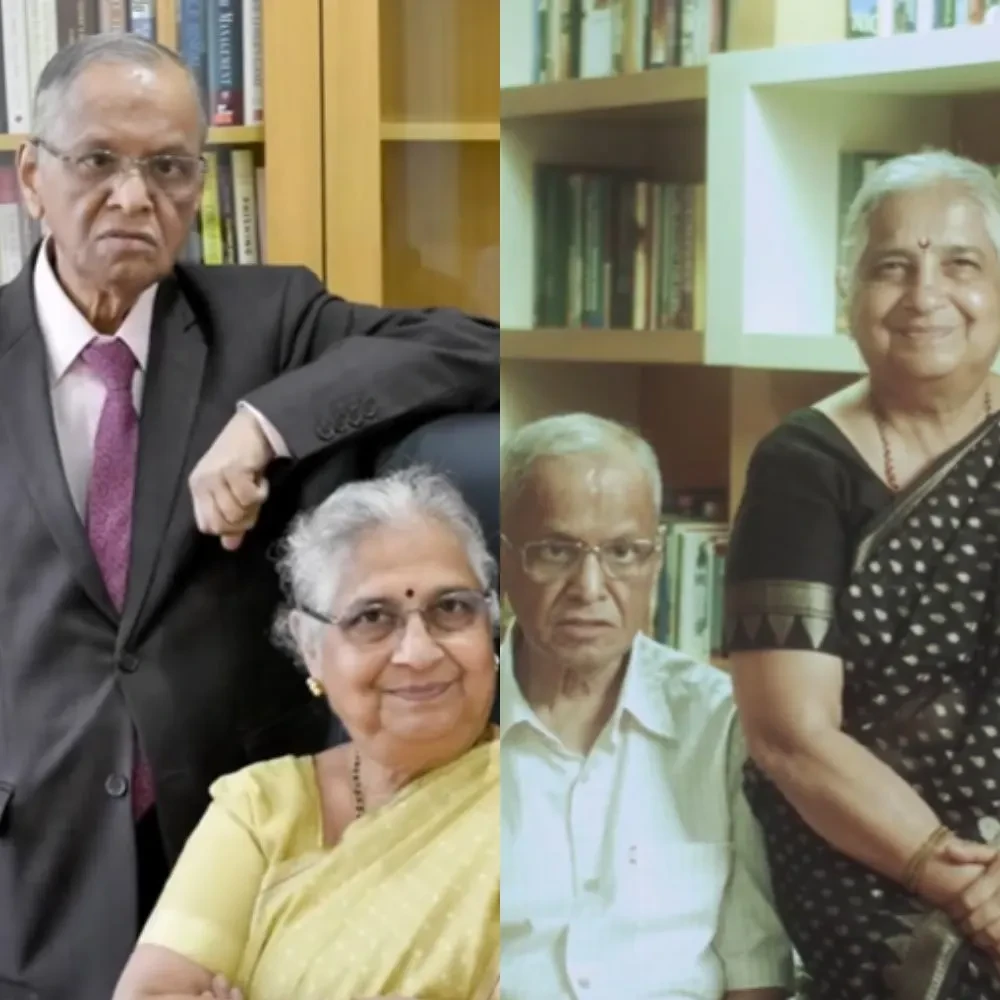Unraveling 20 Possible Reasons Why I Hate My Husband So Much
Let’s delve into the intricacies of marital struggles as we uncover 20 possible reasons why “I hate my husband” and feel a sense of frustration towards him.

Marriage, the union of two souls, is often portrayed as a blissful haven of love and companionship. Conversely, there may be times when you think - “I hate my husband”. Sometimes, the rosy tint fades, and we find ourselves grappling with negative feelings that are far from affectionate. “Why do I no longer love my husband”, “Am I falling out of love”, etc. are some common questions that will come to your mind during these times.
This is a sensitive topic but it’s crucial to acknowledge that feelings of dissatisfaction or even hatred towards one's husband can emerge in any marriage. By recognizing and exploring these emotions, we embark on a path toward self-discovery, growth, and possibly even resolution.
In this article, we delve deep into this sensitive topic, carefully examining 20 potential reasons as to “why do I hate my husband” and may experience negative feelings towards him. Our aim is not to condemn or judge, but rather to shed light on the multifaceted nature of relationships and marriages, fostering understanding, and promoting open dialogue about the challenges many couples face behind closed doors.
1. Communication Breakdown:
Poor communication can manifest as a lack of active listening, constant interruptions, or dismissive responses. This breakdown can create a breeding ground for misunderstandings, unresolved conflicts, and deep-seated frustration. This can be one of the crucial reasons why you might think that “sometimes I hate my husband”. Talking to a relationship expert might help your case.
2. Trust Issues:
Trust issues may stem from previous betrayals, secret-keeping, or a consistent pattern of dishonesty. Rebuilding trust requires transparency, consistent actions, and open conversations to address the root causes of the mistrust. You can help rehabilitate trust and relationship problems through tips and coaching provided by marriage helpers as well.
3. Lack of Emotional Connection:
Emotional disconnection can result from a lack of quality time spent together, minimal emotional support, or an inability to share vulnerabilities. Reestablishing emotional connection requires fostering empathy, active engagement, and meaningful conversations that allow for deeper emotional intimacy.
4. Differences in Values And Goals:
Clashing values and goals may include disagreements about priorities, career aspirations, or approaches to parenting. This can lead to a toxic marriage as well. Navigating these differences requires open-mindedness, compromise, and finding common ground that aligns with both partners' core beliefs.
5. Financial Struggles:
Financial strains may arise from incompatible spending habits, excessive debt, or disagreements about financial priorities. Addressing financial struggles involves honest conversations about budgeting, long-term financial planning, and shared financial responsibilities.
6. Lack of Intimacy:

The absence of intimacy can stem from physical or emotional factors, such as a loss of attraction, unresolved conflicts, or unmet emotional needs. Rekindling intimacy requires open communication, expressing desires and concerns, and finding ways to reconnect physically and emotionally.
7. Unresolved Conflict:
Lingering conflicts may arise from avoiding difficult conversations, repetitive arguments, or an unwillingness to address underlying issues. Resolving conflicts involves active listening, empathy, and a commitment to finding mutually agreeable solutions. Taking the help of a marriage helper can increase your chances of fixing things with the help of their resources and tips on marriage.
8. Power Struggles:
Power imbalances can manifest as one partner exerting control, making decisions unilaterally, or belittling the partner's opinions. Addressing power struggles necessitates establishing equal footing, fostering mutual respect, and practicing shared decision-making. You can talk to a relationship expert about the dynamics of your relationship, to further understand the underlying cause of problems.
9. Emotional Or Physical Abuse:

Emotional or physical abuse can involve patterns of manipulation, verbal insults, physical violence, or coercive control. There are signs commonly seen in a toxic marriage. Addressing abuse requires prioritizing personal safety, seeking professional help, and considering the possibility of leaving the relationship for the sake of one's well-being.
10. Unfulfilled Expectations:
Unmet expectations may arise from assumptions about roles, responsibilities, or behavior within the marriage. Managing expectations requires open communication, setting realistic expectations, and a willingness to adapt as circumstances change.
11. Lack of Appreciation:
Feeling unappreciated can stem from a lack of acknowledgment, gratitude, or recognition for one's efforts. Rebuilding a sense of appreciation involves expressing gratitude, offering compliments, and actively valuing each other's contributions.
12. Incompatibility:

Incompatibilities can surface in areas such as communication styles, hobbies, or even fundamental personality traits. Navigating incompatibilities requires mutual understanding, compromise, and finding common ground to foster harmony in the relationship.
13. Neglect:
Emotional or physical neglect can manifest as a lack of affection, quality time, or support from a partner. Addressing neglect necessitates open and honest communication about needs, actively investing in the relationship, and reestablishing emotional connections.
14. Addiction:
“I hate my husband when he drinks” is an understandable reaction since addiction to something is a serious issue. Dealing with addiction involves understanding the underlying causes, seeking professional help, and providing support without enabling destructive behavior. Overcoming addiction requires a joint commitment to recovery and addressing its emotional impact on the relationship.
15. Lack of Support:
Feeling unsupported can result from a lack of emotional validation, encouragement, or shared responsibilities. Rebuilding support involves active listening, offering empathy, and finding ways to be present and actively engaged in each other's lives. You can also make use of a marriage helper.
16. Infidelity:
Some wives may feel that “I hate when my husband looks at other women”- and it’s natural. Now think how a wife may feel about infidelity. Recovering from infidelity requires open communication, rebuilding trust, and a shared commitment to healing. It involves addressing the root causes of the affair, seeking professional guidance, and allowing space for forgiveness and reconciliation.
17. Cultural Or Religious Differences:
Bridging cultural or religious gaps requires mutual respect, open-mindedness, and finding ways to honor both partners' backgrounds while fostering a sense of shared identity. Without this, a marriage may turn hateful.
18. Parenting Conflicts:
Resolving parenting conflicts necessitates open communication, joint decision-making, and finding a compromise in approaches to discipline, education, and values. It involves prioritizing the well-being of the child while considering each partner's perspectives. If these things are not looked after, your marriage may start to suffer as a result.
19. Mental Health Issues:
Supporting a partner with mental health struggles involves fostering empathy, educating oneself about the condition, and seeking professional help like couples therapy as necessary. It requires creating a supportive environment that encourages open communication and self-care.
20. Lack of Personal Growth:
Encouraging personal growth within a marriage involves providing space for individual pursuits, fostering emotional and intellectual growth, and supporting each other's aspirations. All these make the marriage bond stronger.
It requires finding a balance between individuality and shared experiences within the relationship. But a lack of personal growth could be disastrous within a marriage and may lead to feelings of antipathy. You may take help from an expert in couples therapy to talk about these problems.
It is crucial to acknowledge that hating or disliking one's spouse is a complex and deeply personal experience. Relationships can be a tapestry of emotions, ranging from love and happiness to frustration and even hatred. Recognizing and understanding the reasons behind why “I hate my husband” and having these negative emotions, can pave the way for personal growth, healing, and potentially salvaging a troubled marriage.
We hope this article answers your question “Why do I hate my husband so much”. It is essential to approach these challenges with empathy, open communication, and a willingness to address the underlying issues.
Seeking professional help through couples therapy or counseling can offer valuable guidance and support. Remember, it is possible to navigate the stormy seas of marital struggles through services like marriage helpers, find common ground, and rediscover the love and affection that initially brought you together.





 JOIN OUR WHATSAPP CHANNEL
JOIN OUR WHATSAPP CHANNEL















































































